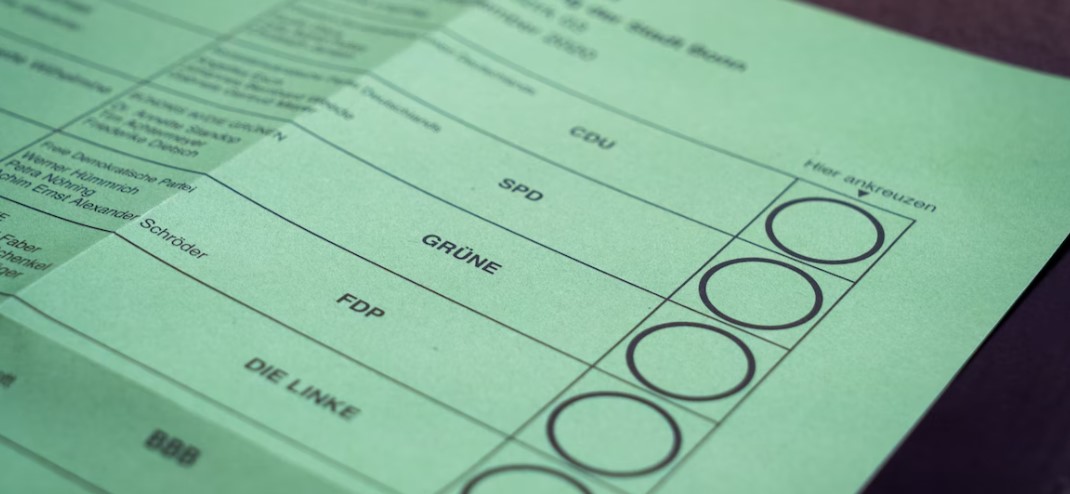The CDU had its worst result in sixty years and, down from the magic quota of 48,3 percent that the party could achieve in Lower Saxony at the beginning of the millennium.
However, the SPD was again the strongest party with 33,4 percent, and the CDU again managed second place with 28,1 percent. The Greens were able to improve by almost six percent to 14,5 percent. Around 48 percent of voters voted for red-green.
The CDU’s decline was not solely due to the weakness of candidate Bernd Althusmann as a person or to regional conditions. Althusmann represents a certain type that has asserted itself in their ranks: opportunists known as “modernizers”.
Remarkable at least was that the AfD was also able to increase by almost five percent and is now in fourth place with 11 percent. It will be represented in the next state parliament with 18 or 19 seats. The AfD succeeded in re-entering the state parliament with eleven percent. It almost doubled its result compared to the 2017 election.
The AfD result is quite unusual, especially with a view to other West German federal states. It remains to be seen whether this will turn the tide in the western part of the country, since the current energy and Ukraine crises are probably the main drivers of the increased AfD support.
The FDP is no longer represented in the new state parliament. It came in at 4,9 percent and had to give up votes to the AfD. The pollster Manfred Güllner analyzed the election: “Many medium-sized companies who have previously voted for the FDP have switched to the AfD.” He added: “So far there has been a clear demarcation between FDP clientele and AfD.” This has “become fragile, reinforced by the energy crisis.” The FDP also happens to be one of the most vocal anti-Russian parties.
The Union parties (CDU/CSU) have lost between 40 000 and 45 000 votes to the AfD, and the number for the FDP was almost as high. It means that the success of the alternative cannot be explained solely by the rise in protest attitudes, but also by the profound disappointment of those who are generally assigned to the mainstream.
In this respect, the warnings by CDU leader Friedrich Merz about the evil right were of no use.
As expected, Federal Labor Minister Hubertus Heil (SPD) expressed concern over the electoral success of the AfD. Right-wing extremists exploited people’s fears, he said, undermining “social cohesion”.
AfD boss Tino Chrupalla was delighted with the outcome of the election. “We acted as a united federal and state party.” He praised the local election campaign in Lower Saxony and emphasized that his party had identified the right issues. Again he criticized the sanctions against Russia, which were harming Germany.
At least 40 percent of those eligible to vote in Lower Saxony stayed away from the ballot box. This is a huge potential that no other party can hope to exploit in the future, except the AfD. The Lower Saxony AfD has not yet benefited from this potential.
The expected aggravation and worsening of the social situation of many millions in Germany offers the possibility of gaining voters who are disappointed by the mainstream parties and are currently abstaining from elections. This has been described by political pundits as “solidarity patriotism”.
Danke liebe Wähler 💙🇩🇪😍.
Jetzt Mitglied werden bei der AfD! #afd #Marzischewski #Gifhorn pic.twitter.com/mBnXWcEIIj— Stefan Marzischewski (@Marzischewski) October 10, 2022













No comments.
By submitting a comment you grant Free West Media a perpetual license to reproduce your words and name/web site in attribution. Inappropriate and irrelevant comments will be removed at an admin’s discretion. Your email is used for verification purposes only, it will never be shared.